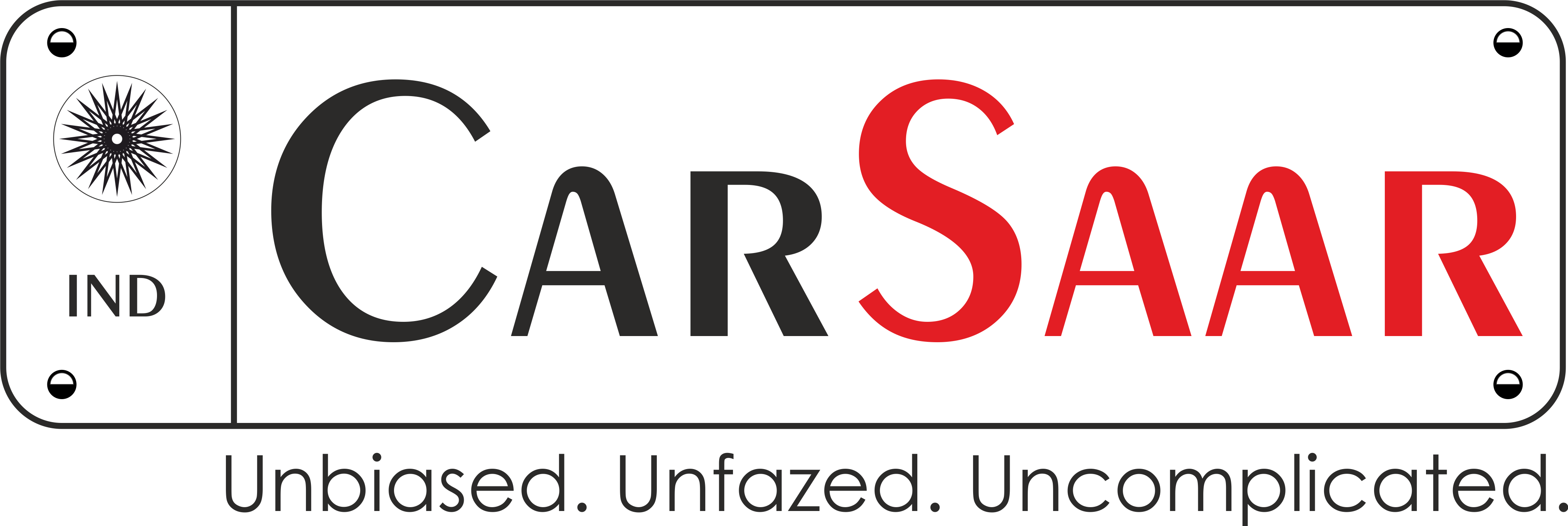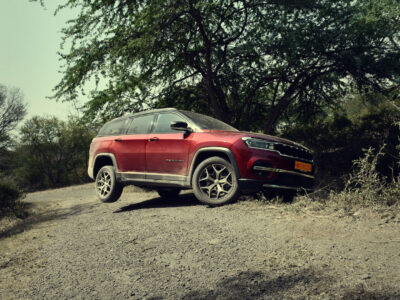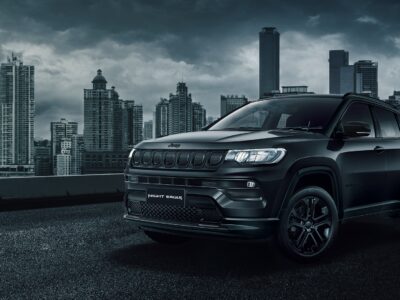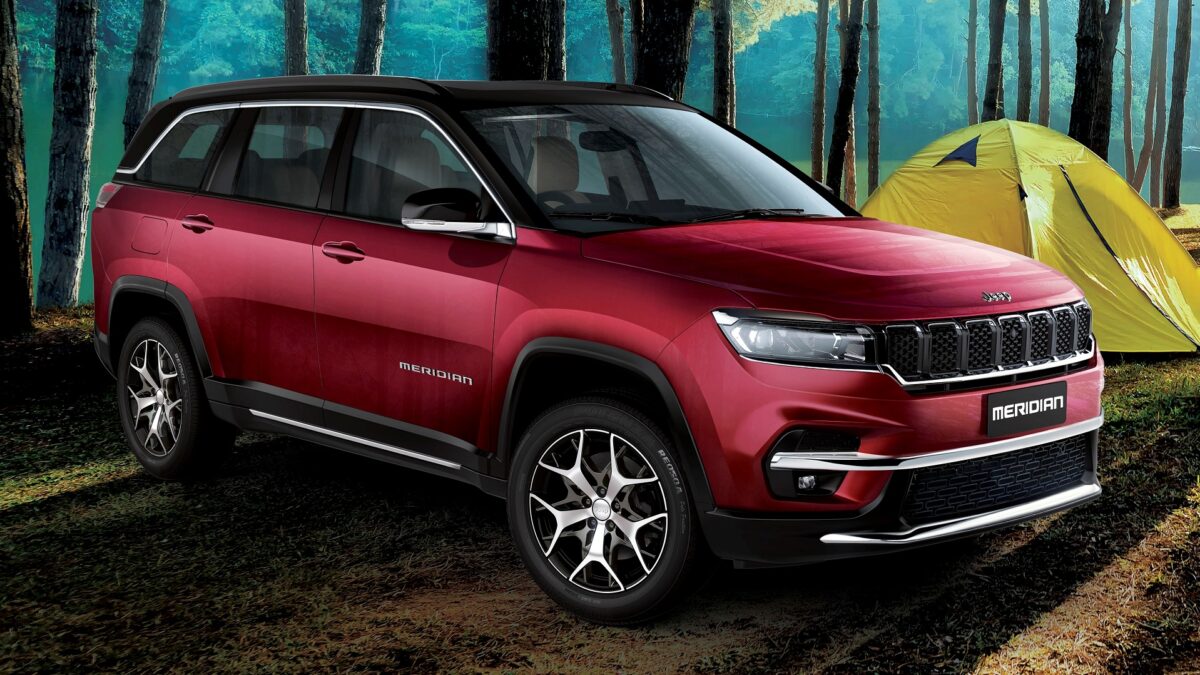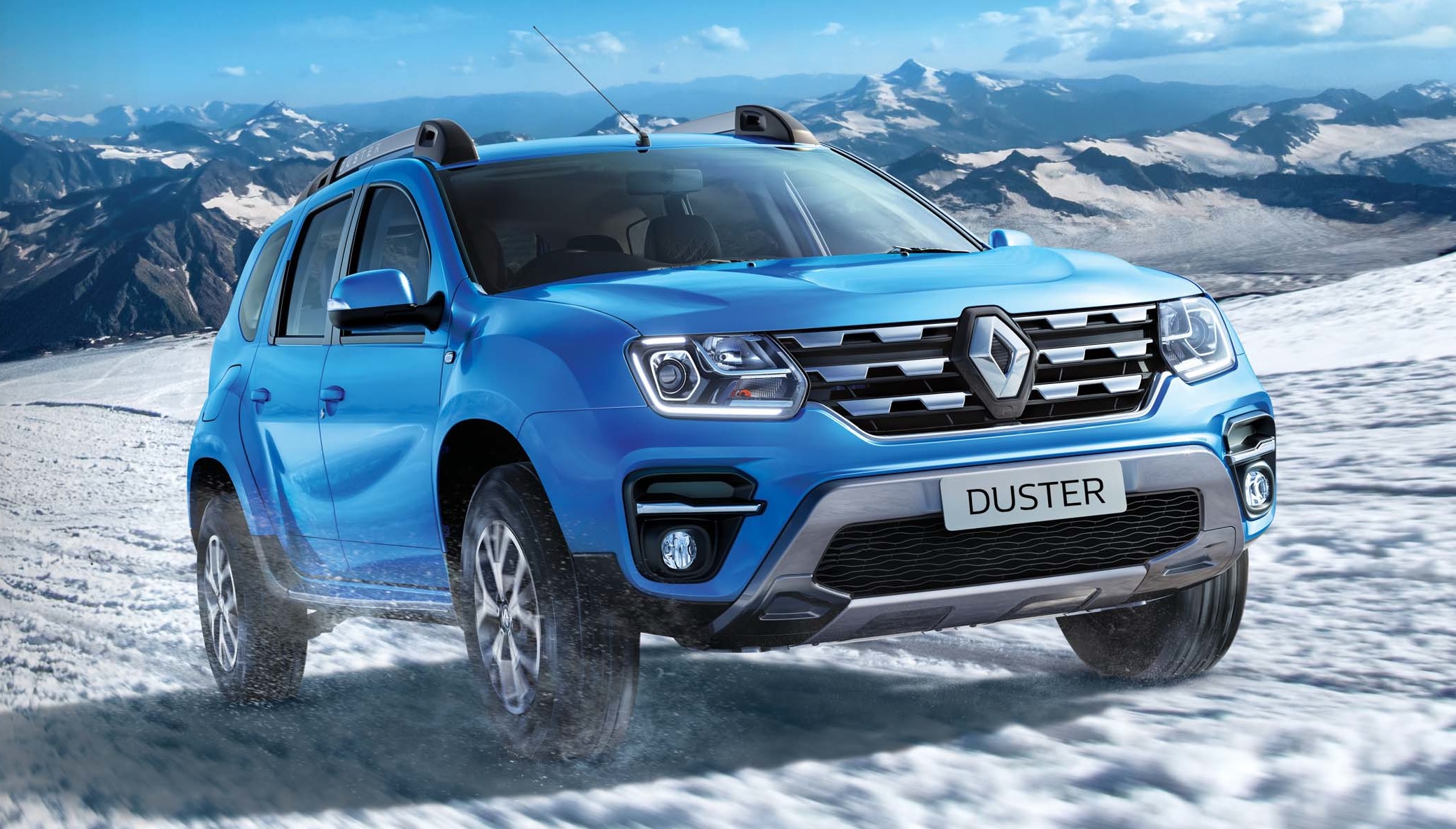Grab a cup/mug/glass of your favourite beverage to digest this down your system. Or, to put it in other words, this development is on the dry side. It involves many business-like words, complemented by big numbers denoting a possible progression. Everything in place? Let’s get started. PSA Group, which is a big thing in Europe, and FCA (Fiat Chrysler Automobiles), which is a big thing in the western hemisphere, are set to join forces which will give rise to the world’s fourth-largest automobile conglomerate. That claim comes on the back of total unit sales (8.7 million vehicles), combined revenues of approximately 170 billion euros and a recurring operating profit of 11 billion euros.
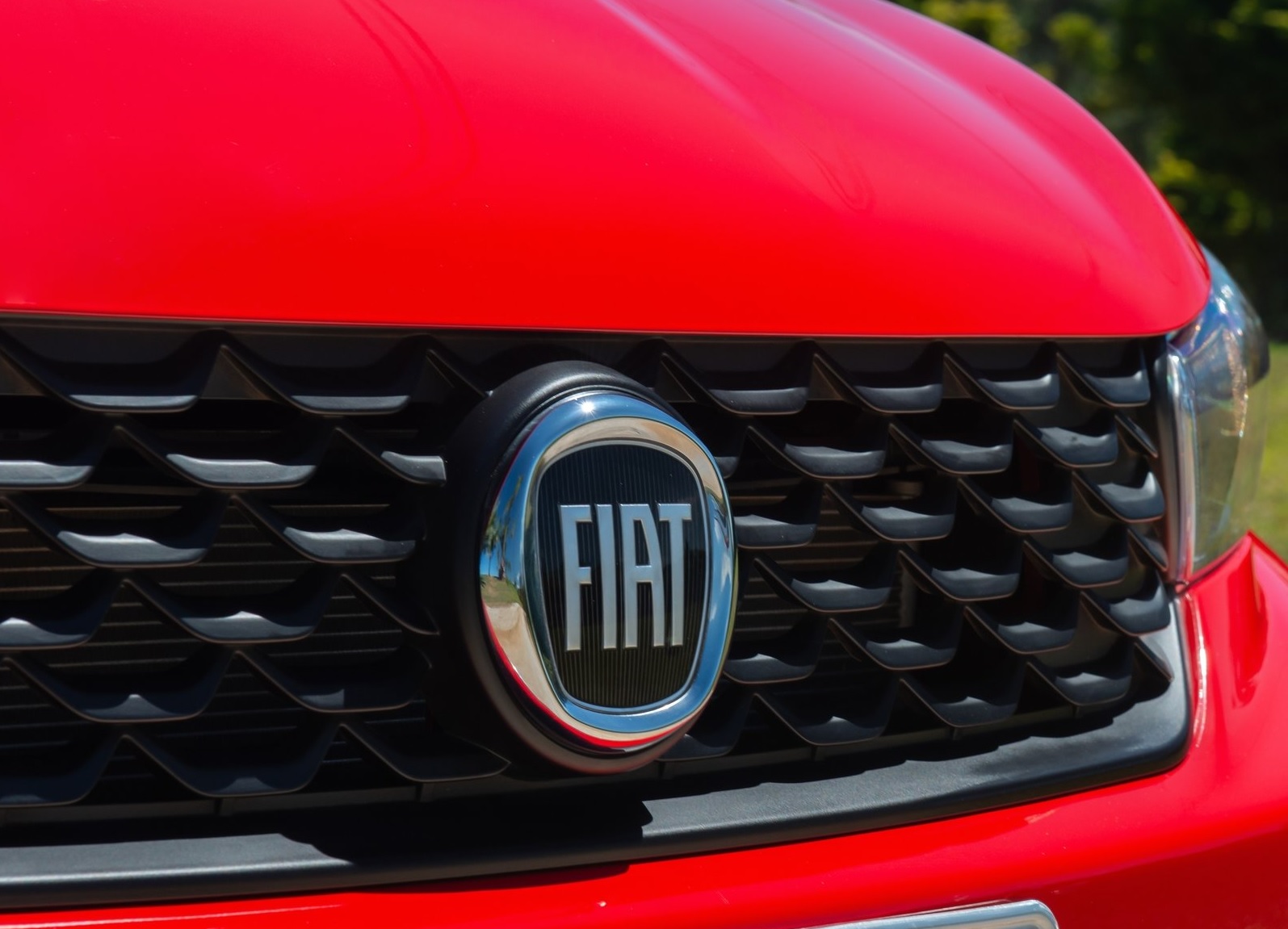
Are you wondering from where those figures popped up? No need to scratch your heads! They come from a simple aggregation of 2018 results, which do not include Magneti Marelli and Faurecia. Both automobile groups predict a value accretion of approximately 3.7 billion euros in annual run-rate. How? From a more efficient injection of resources in large-scale investments covering vehicle platforms, powertrain and technology, and purchasing capability. A point worth noting is that the synergy estimates do not rope in any facility closures.
With predictions out of the picture, let’s focus on groundwork. In the merger entity, both FCA and PSA Group will hold a 50 per cent controlling stake. The formed organisation will be under a Dutch parent company and, as far as the Board members are concerned, there will be a total of eleven (five each from FCA and PSA Group). Duties of a chief executive officer will be taken up by Carlos Tavares for an initial term of five years. He, who is currently the CEO of PSA Group, will also be a member of the Board. Finally, the Dutch-domiciled company will on Euronext (Paris), the Borsa Italiana (Milan) and the New York Stock Exchange.
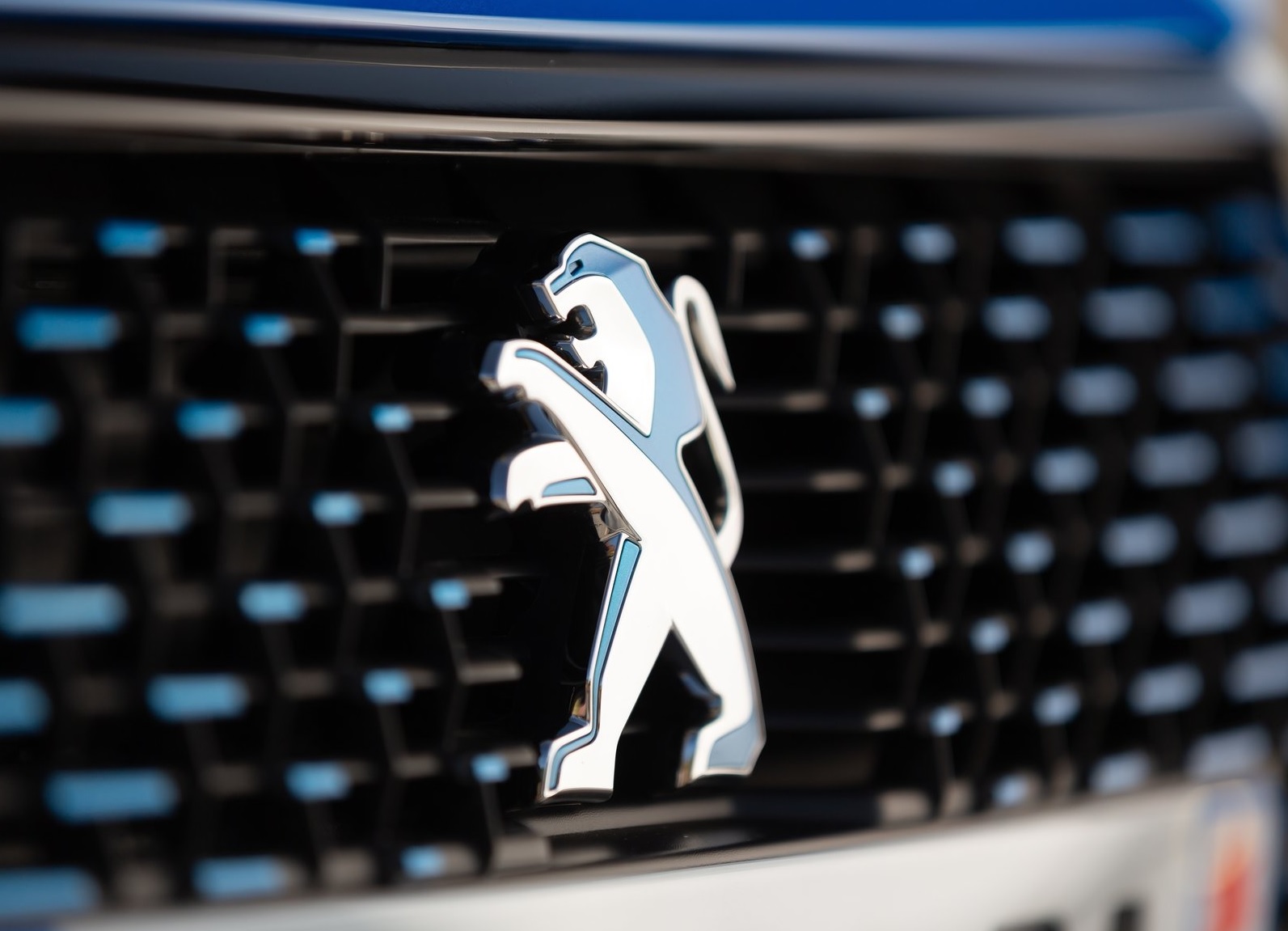
If you nodded off, no one is going to blame you. The crux of the matter is simple – the merger would form a company which will comprise of major mass-market brands like Citroen, Peugeot and Fiat, along with some of the most sought-after premium markets such as Maserati, Alfa Romeo and Jeep. It will be interesting to see how markets respond to this merger.

